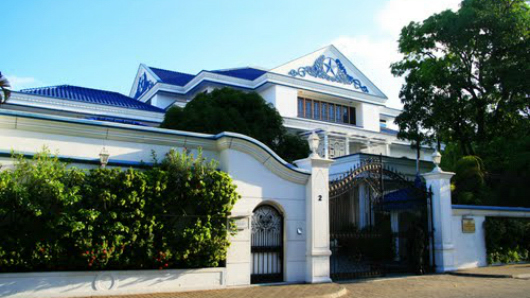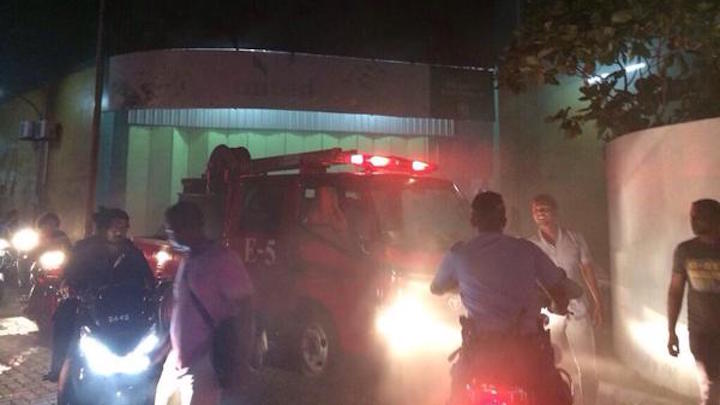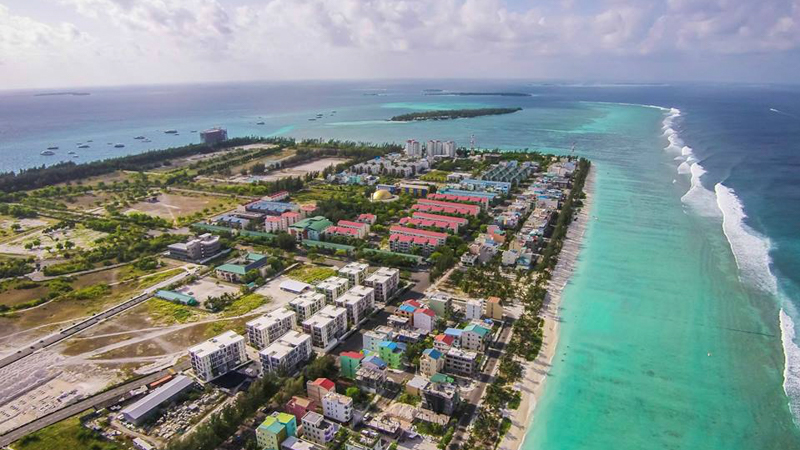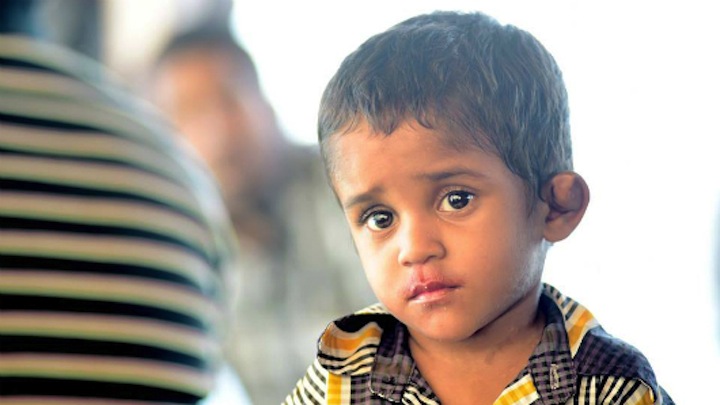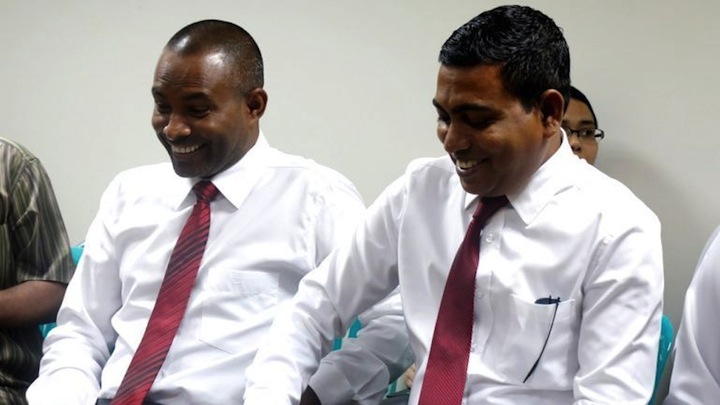Prosecution in a major drug bust and a murder case was stalled this month because of the state’s failure to summon witnesses.
The criminal court on Monday cancelled a hearing in the trial of two Maldivians arrested in a 24kg heroin bust after witnesses could not be summoned.
On May 26, the court cancelled hearings into the murder of 25-year-old Ahmed Mirza. Chief judge Abdulla Mohamed said the court had issued three warrants to summon a key witness, but police were unable to do so. The judge said the trial could not proceed without the testimony.
Mirza was assaulted with iron rods in April 2011 and died of severe head injuries. The four suspects arrested in the case have been held in police custody since 2011.
Over 30 people have died in the Maldives in the past seven years from violent crimes and gang-related assaults.
The witness in Mirza’s case was brought to court earlier this month.
Some 18 suspects were meanwhile arrested in the drug haul in February 2014, including 11 Pakistanis, and three Bangladeshis, but the prosecutor general’s (PG) office decided to press charges against only two suspects.
The foreigners were all released by the criminal court or deported.
The police said at the time that the 24kg of heroin was “the largest amount of drugs seized in a police operation conducted in the Maldives so far.” The estimated street value of the drugs was US$6.5 million.
Witness protection
The PG office has blamed the witnesses’ reluctance to testify on the state’s failure to protect witnesses.
“In most cases the witnesses are reluctant to give statements because they are so easily identified. And the state is incapable to provide witness protection,” public prosecutor Hisham Wajeeh said.
Hisham said witnesses could also be identified from their testimony.
“It is especially difficult to hide the witnesses because they can be so easily identified from how they give statements in court. For example, a witness may be identified from the angle he saw the murder,” he said.
But the most troubling issue is when the names of witnesses are leaked, he added.
“We guarantee that witnesses will not be identified from us. But it happens. There has to be people responsible for that and it is a big setback for the system,” Hisham said.
The police meanwhile said witnesses are brought to court in accordance with procedure.
“We cannot comment on any specific issues because it involves witnesses,” a police spokesperson said.
In 2011, the criminal court questioned then-public prosecutor Mahaz Ali, now a drug court judge, over the leak of a confidential testimony statement.
Mahaz told the court he saw the statement in the defence lawyer’s possession, and that the document bore the criminal court’s seal.
The case related to four men accused of possessing dangerous weapons.
Flaws in the criminal justice system have been blamed for the lack of convictions for murder. In most cases, suspects were convicted of murder based on confessions.
In some cases, judges are also changed halfway through the trial.
On June 4, the murder case of 16-year-old Mohamed Arham was transferred from judge Muhthaz Fahmy to judge Abdulla Didi.
Arham was stabbed to death in May 2012. The case had nearly reached completion when the judge was changed.
Judge Didi subsequently released one of the four defendants from police custody.
Arham, a grade nine student at the Dharumavantha School, was found dead in the Lorenzo park in Malé on May 30, 2012. He died of multiple stab wounds to the neck, back, and chest.
The trial began in November 2012.
Judge Didi was among the three-judge panel that sentenced former President Mohamed Nasheed and former defence minister Mohamed Nazim to 13 years and 11 years in jail, respectively, following rushed trials widely criticised over apparent lack of due process.
Earlier this month, the criminal court threatened to throw out the case of a man accused of stabbing an individual after the state failed to appoint a lawyer. He was arrested in November 2013.
Meanwhile, the chief suspect in the murder of Mariyam Sheereen in January 2010 was found not guilty in May.
Almost five years after the murder trial began, chief judge Abdulla Mohamed said in the verdict that the state had failed to submit conclusive evidence.
Likes (3)Dislikes
(3)Dislikes (0)
(0) 

